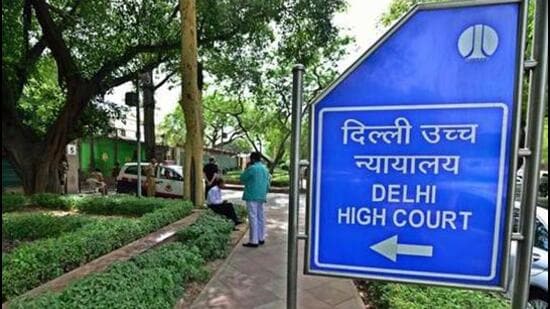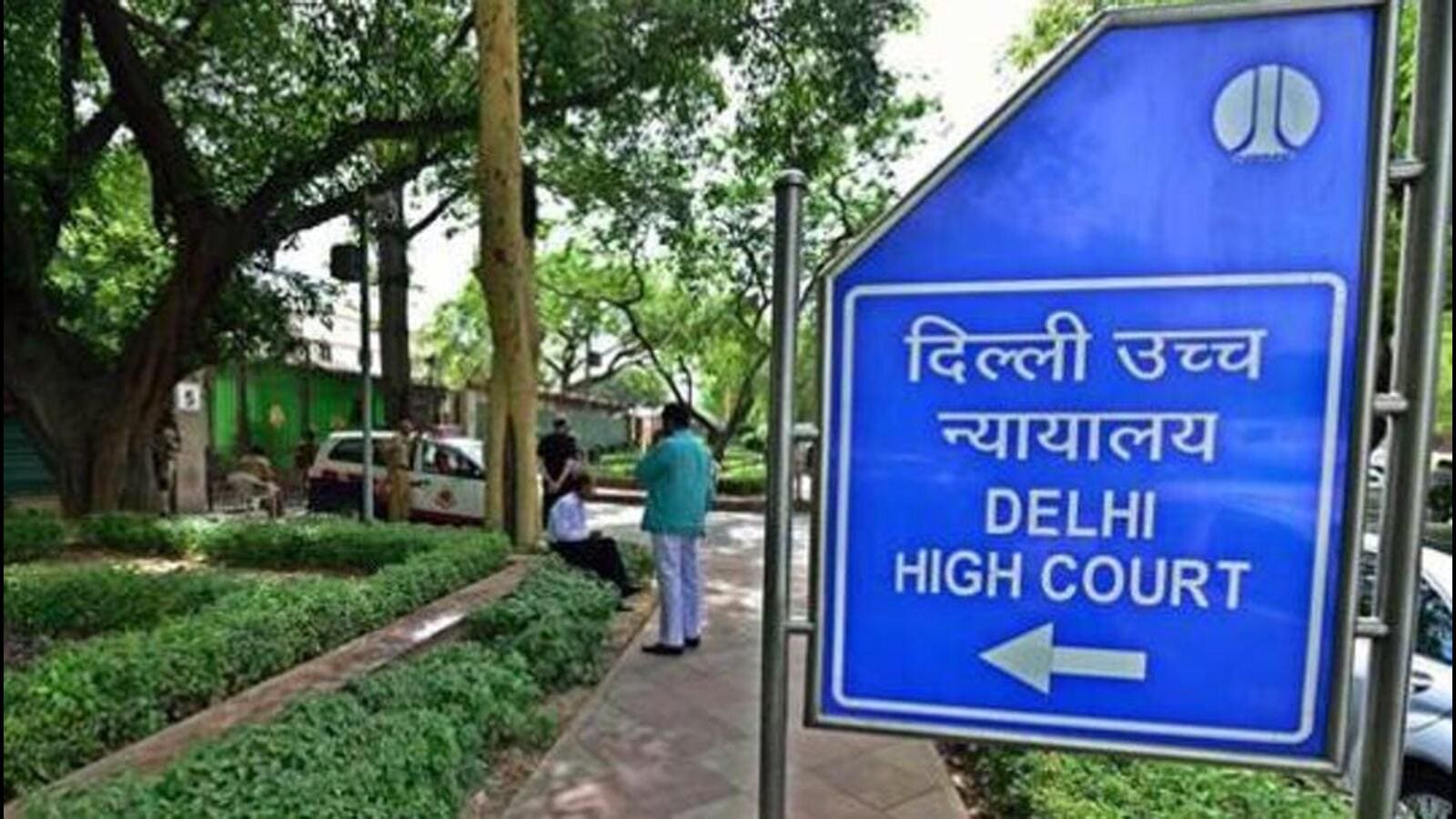New Delhi
 The court scheduled the next hearing for November 12. (Representative photo)
The court scheduled the next hearing for November 12. (Representative photo)
The Delhi High Court on Wednesday issued notice in a plea seeking to restrain private unaided schools in the city from forcing students from the economically weaker section (EWS) and disadvantaged group (DG) from buying high-priced private-publisher books and excessive school material.
A bench of chief justice DK Upadhyay and justice Tushar Rao Gedela sought responses from the Delhi government, Central Board of Secondary Education (CBSE) and National Council of Education Research and Training (NCERT) in a plea filed by one Jasmit Singh Sahni, and scheduled the next hearing for November 12.
“Issue notice. Let the respondents file their reply in four weeks. List on November 12,” the court said in its order.
The petition comes just days after the Council of Ministers, on May 10, approved the Directorate of Education’s (DoE) proposal to shift from providing school uniforms, in kind, to offering financial assistance through Direct Benefit Transfer (DBT).
Citing “operational difficulties” in distributing uniforms directly, the revised approach will take effect from the 2025-26 academic session. According to the revised rates, notified on June 10, students in classes 1 to 5 will now receive ₹1,250, those in classes 6 to 8 will receive ₹1,500, and those in classes 9 to 12 will receive ₹1,700. It will apply to students in government and aided schools, as well as to children from the EWS and DG categories, studying in private schools under the RTE and freeship quota.
Sahni’s plea, argued by advocate Amit Prasad, painted a picture of private schools—despite the clear directives that mandate private schools to ensure inclusive and equitable access to school education by using NCERT books—forcing students to purchase high-priced books, kits costing over “ ₹10,000 per child” annually.
This practice, Sahni, the director of Doon School argued, places an undue financial burden on parents—often forcing them to withdraw their children from such schools, as the cost far exceeds the ₹5,000 reimbursement provided by the Delhi government under the Right of Children to Free and Compulsory Education Rules, 2011 (RTE Rules).
The petition contended that it is also violative of Section 12(1)(c) of the RTE Act, which mandates private schools to provide free and compulsory elementary education to EWS and DG children, Article 21A of the Constitution, which guarantees free education, and CBSE’s 2016-17 circulars that require exclusive use of NCERT books.
“By allowing indirect financial exclusion of RTE students through overpriced book mandates and non-transparent procurement practices, the State effectively abdicates its constitutional duty, thereby violating not only Article 21A but also Article 14, which guarantees equality before the law and equal protection of laws,” the petitioner contended.
The existence of excessive books, the petition stated, also violates the School Bag Policy of 2020, which caps the bag weight at 10% of a child’s body weight. “Students carry 6-8 kg bags, causing musculoskeletal damage and physiological stress,” the petition added.
